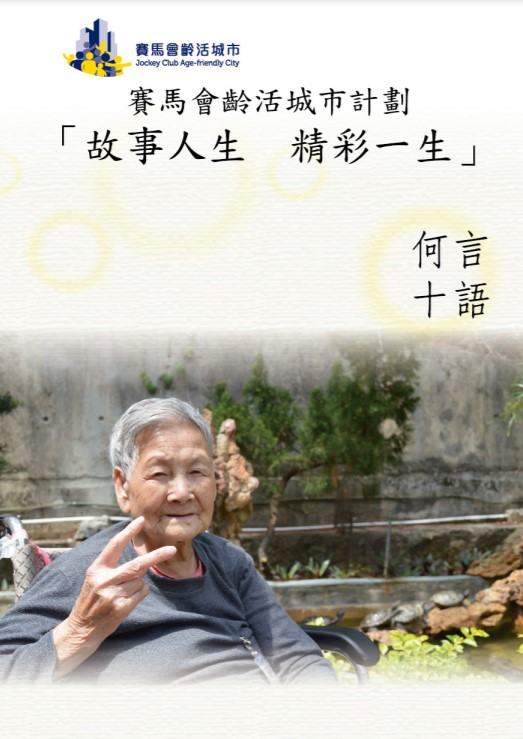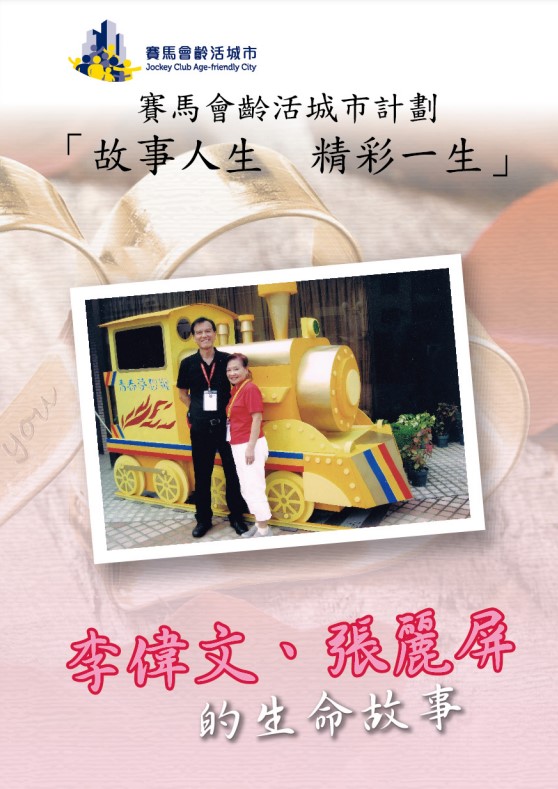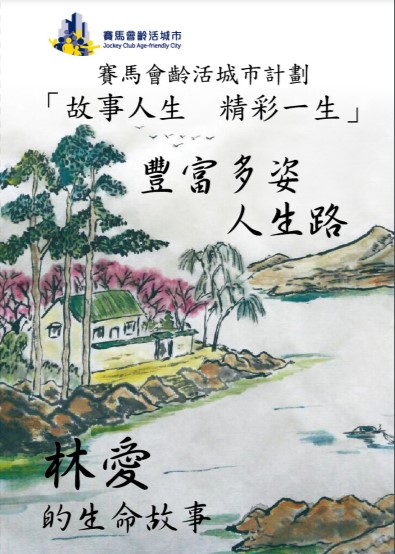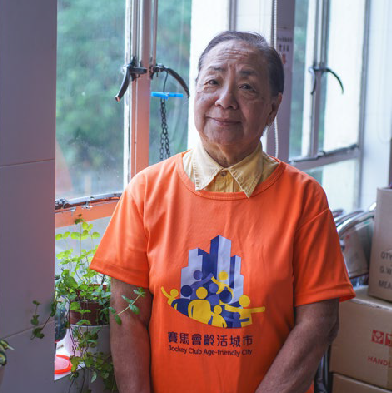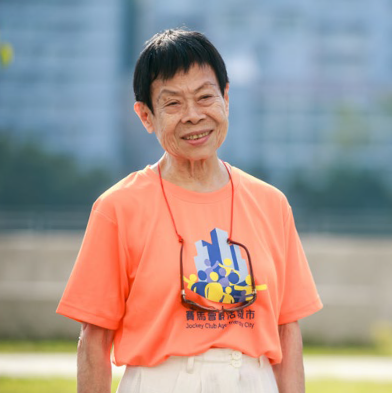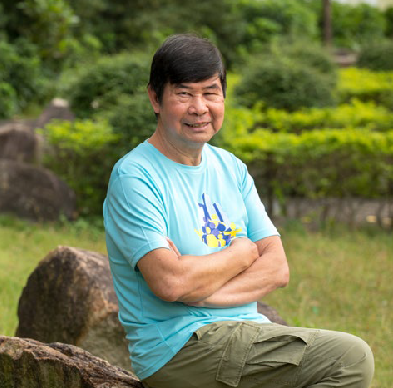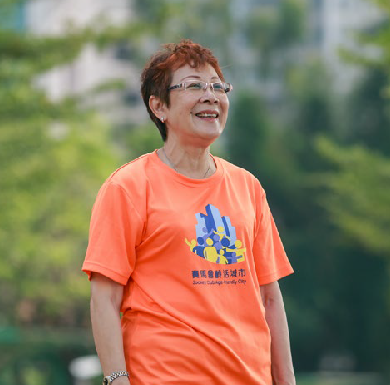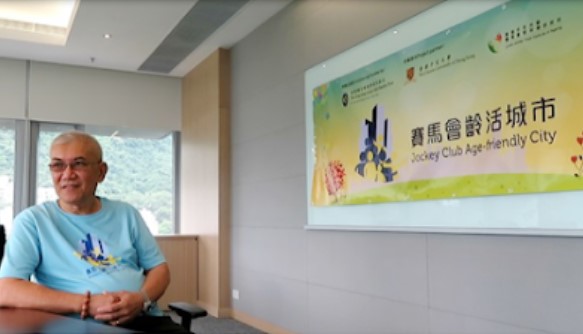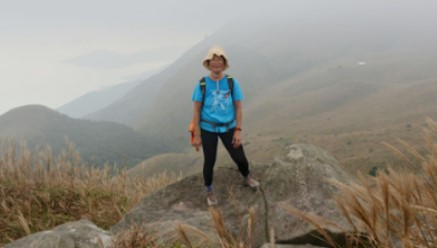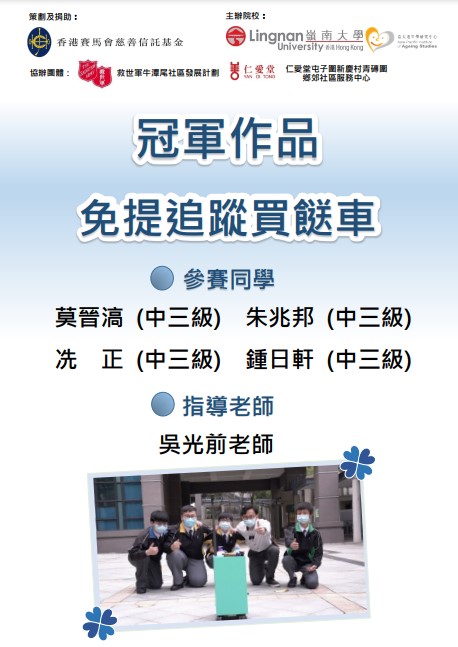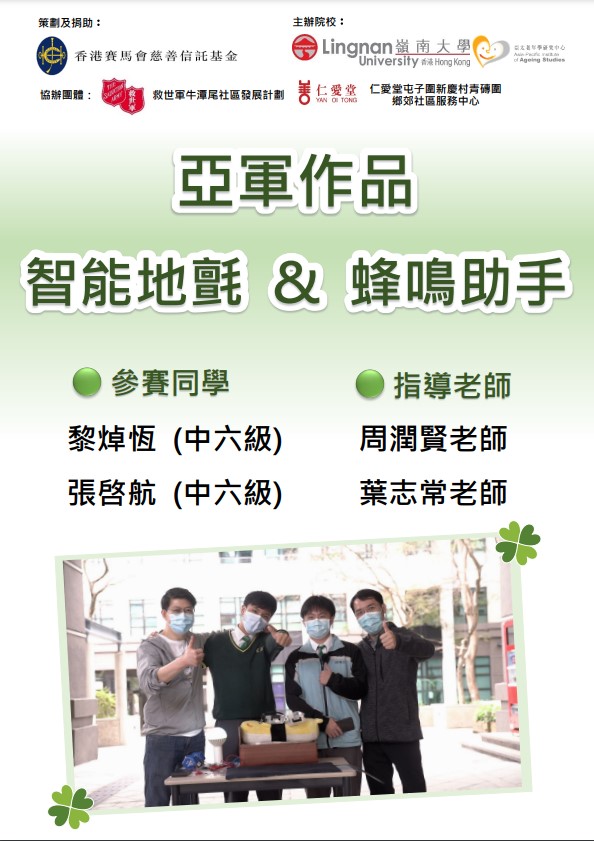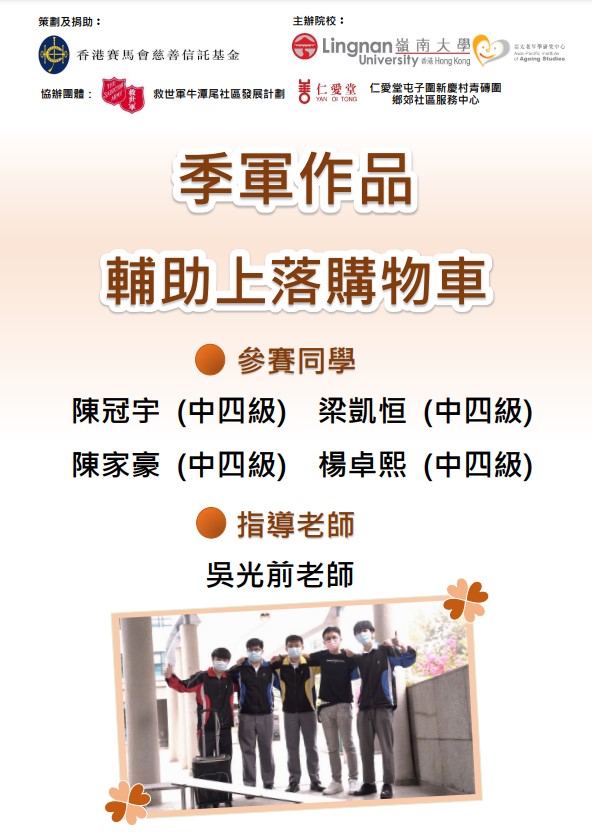Connect to
Community



“Connect to Community” section provides resources in relation to the two domains of an age-friendly city, including “Communication & information” and “Respect & social inclusion”. Accessible and timely information, intergenerational harmony and respectful culture are essential for an inclusive society which closely connects older people with the community.


Intergenerational communications enrich the experience for all ages. Older people pass on traditional practices, knowledge and experiences, while younger people share newer practices and update-to-date information, creating a respectful and inclusive society.
Booklets | Elderly life story books developed by youngsters (Chinese version only)
The youngsters developed life story books for the elderly after visiting and conducting interviews with them. The life story book not only serves as a record of the elderly’s experience that can be shared with relatives and friends, but also brings insights to youngsters, which connects different generations.
(produced by Helping Hand Cheung Muk Tau Holiday Centre for the Elderly under “Jockey Club Age-friendly City Project – “Story of My Life“”)
Videos | “Human Library” stories of the elderly living in rural areas


Four animations of “Human Library” were produced to feature the rural life of elderly people living in Tuen Mun and Yuen Long, hoping to enhance the public awareness on age-friendliness in rural community.
(produced by Lingnan University Asia-Pacific Institute of Ageing Studies under “Jockey Club Age-friendly City Project – Building and Enhancing Supportive Trend: Rural United Nations (BEST RUN)”)
Articles | Stories of Age-friendly City Ambassadors
The Jockey Club Age-friendly City Project has trained elderly people to become “Age-friendly City (AFC) Ambassadors” to promote the AFC concept and encourage community participation.
STEM projects developed by students to improve the elderly’s quality of life (Chinese version only)
A STEM projects competition was organised to encourage secondary students to learn about the concept of age-friendliness and visit elderly in living in rural areas in Tuen Mun and Yuen Long to develop STEM products with age-friendly elements aiming at improving the elderly’s quality of life in the rural community.
(produced by Lingnan University Asia-Pacific Institute of Ageing Studies under “Jockey Club Age-friendly City Project – Building and Enhancing Supportive Trend: Rural United Nations (BEST RUN)”)


Media Coverage




